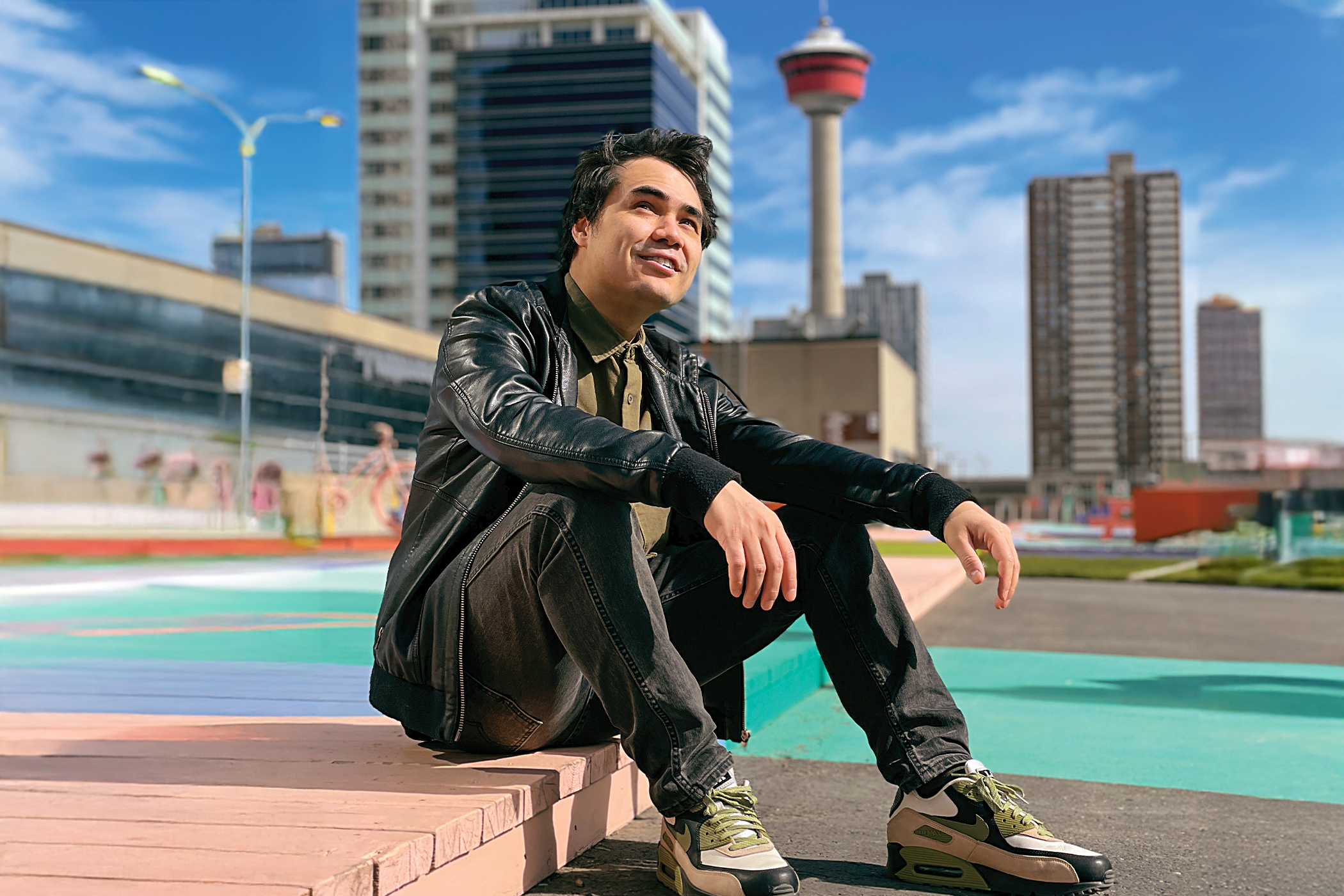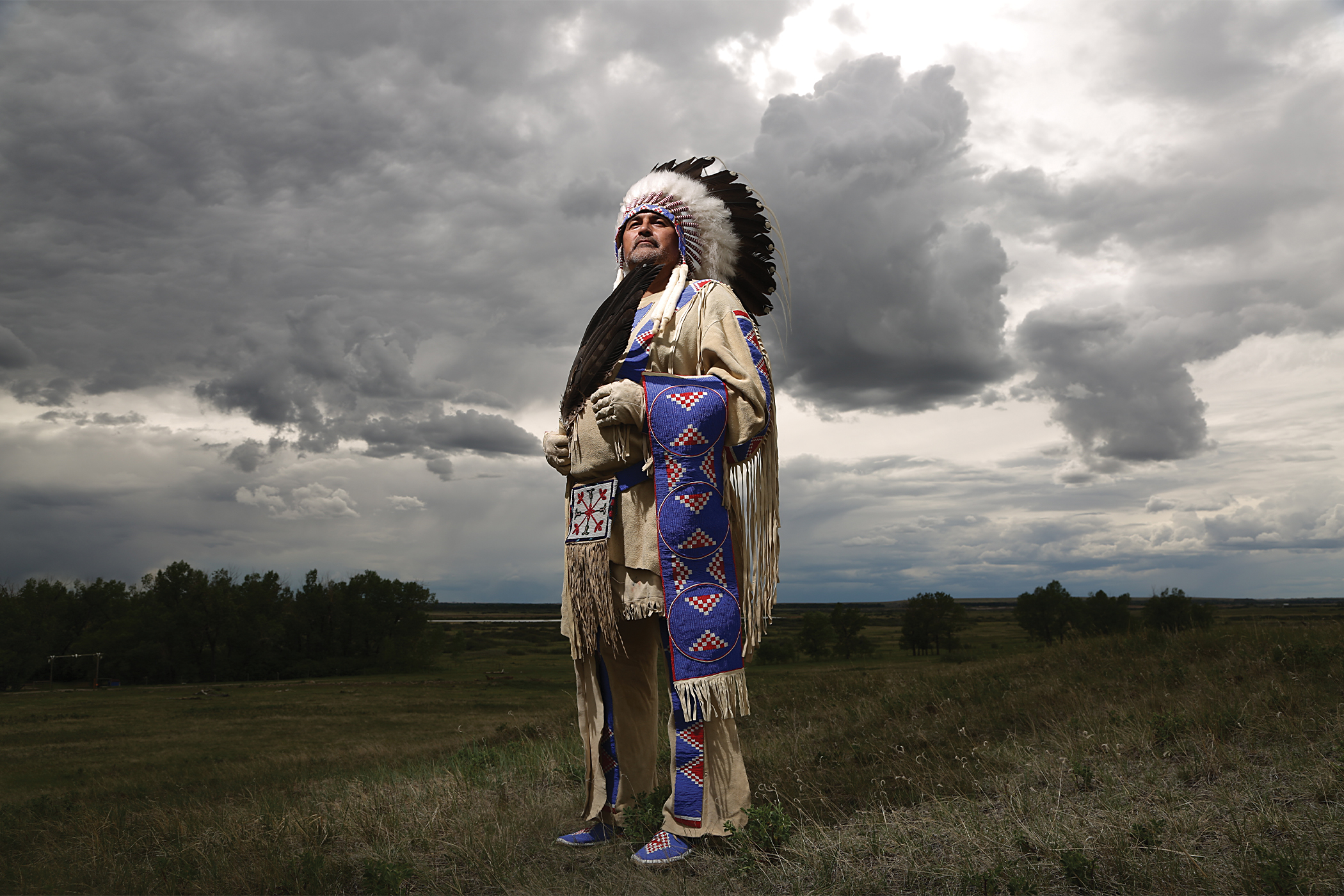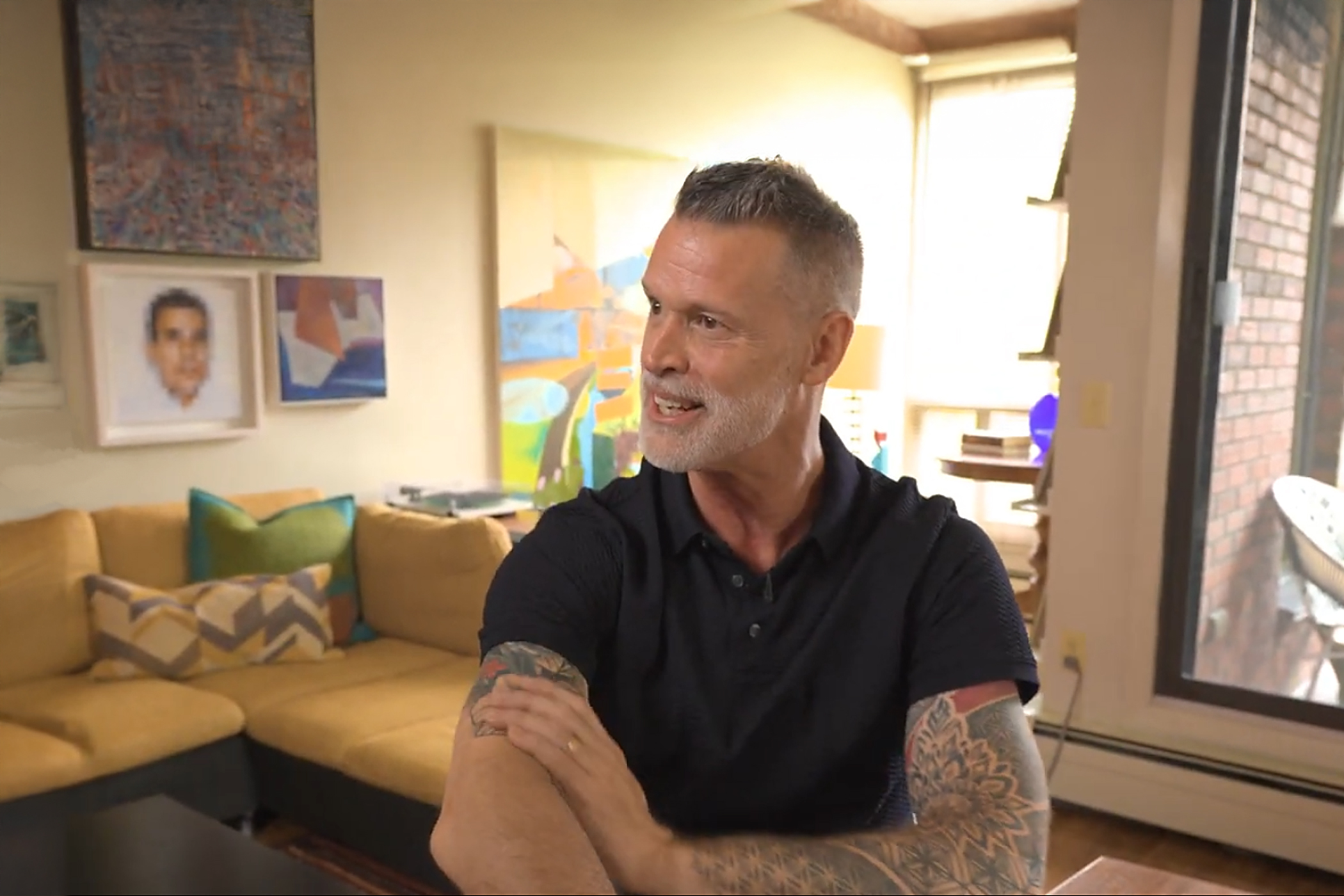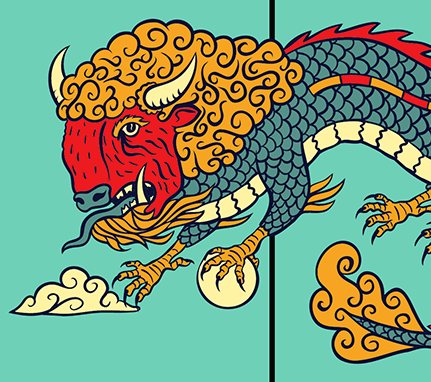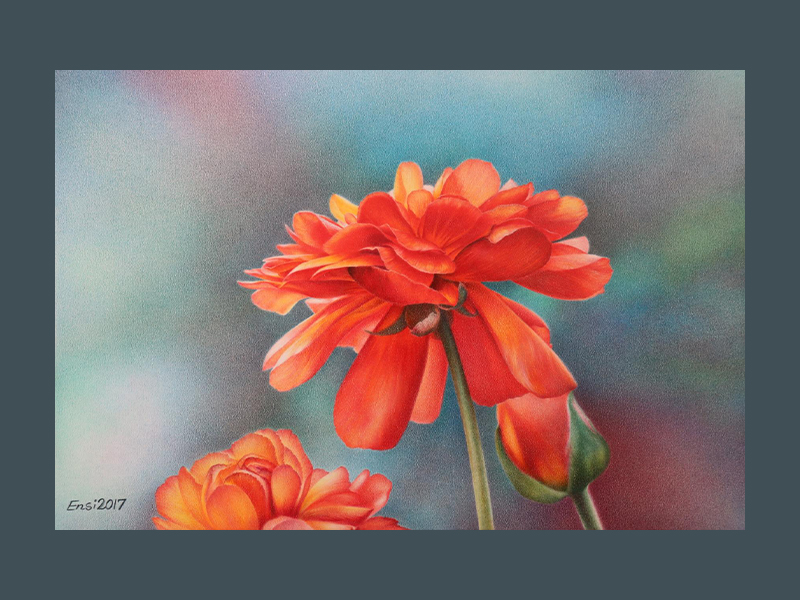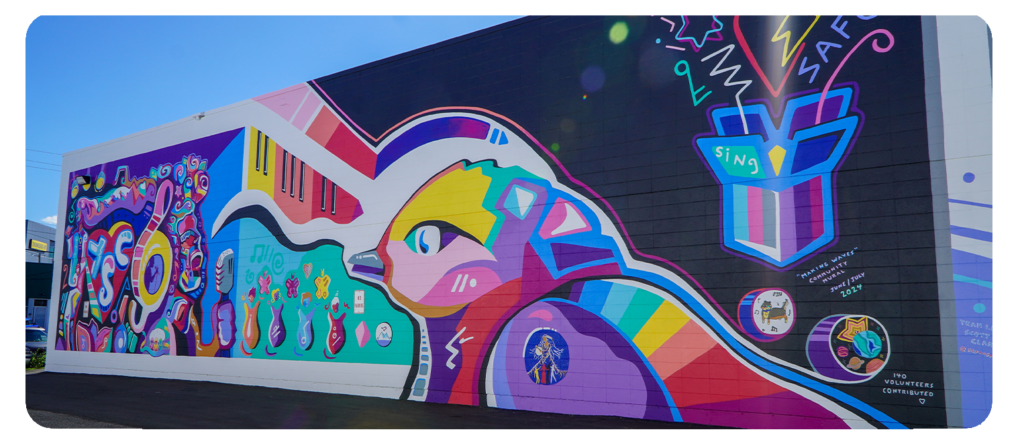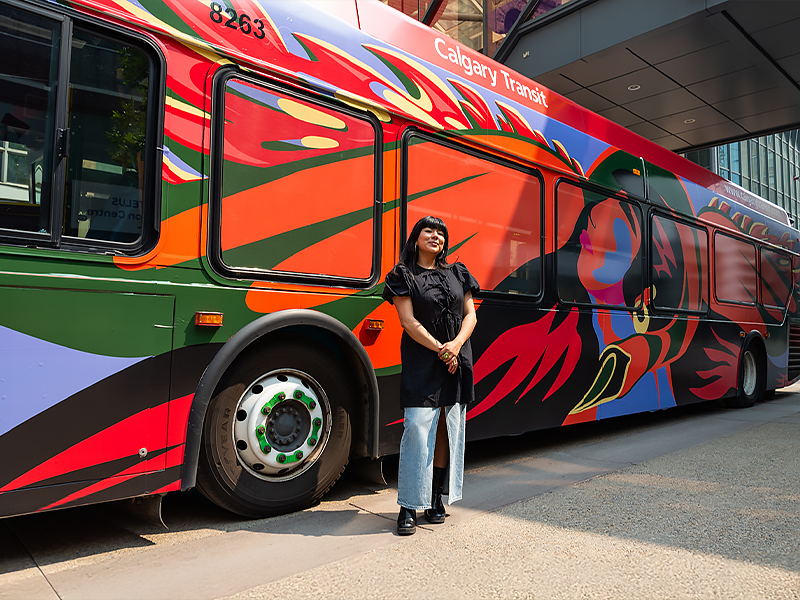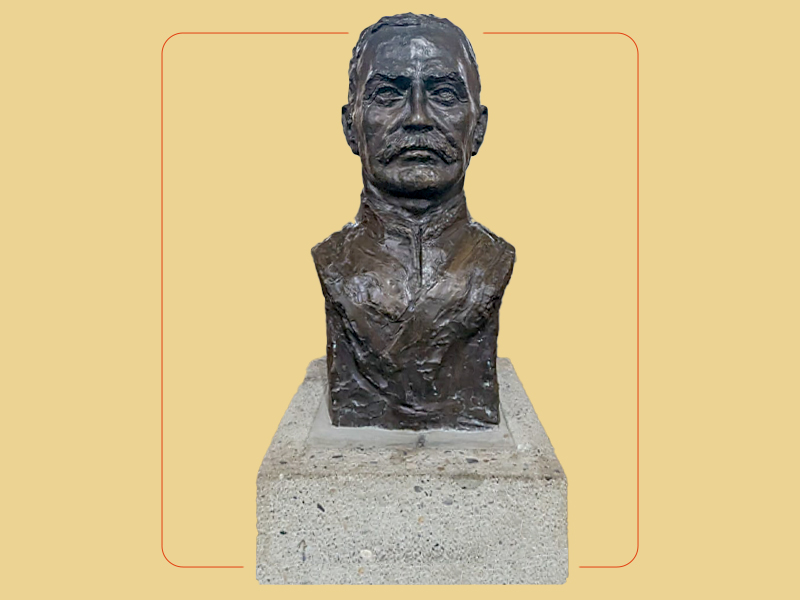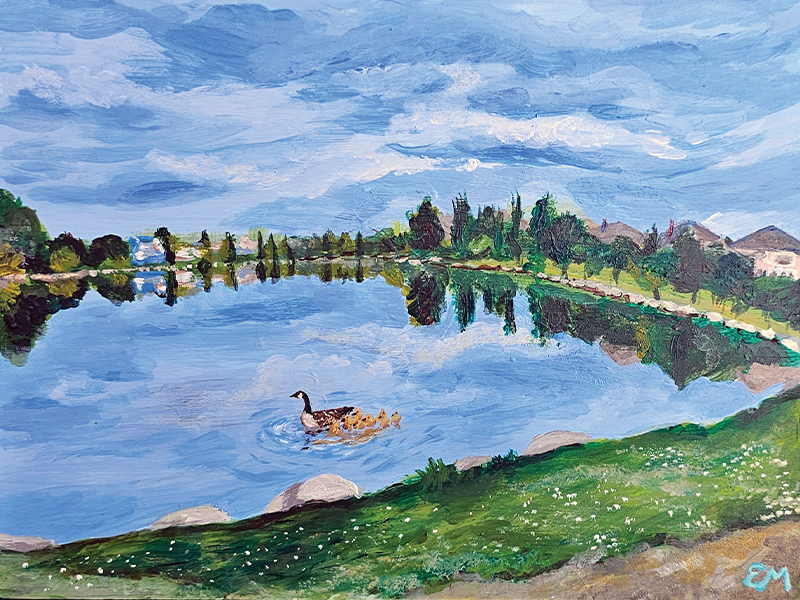We support and
strengthen the arts to
benefit all Calgarians.
Announcements
Unbreakable: New Exhibition in the Northeast Mini Galleries
The Northeast Mini Galleries exhibition Unbreakable highlights 10 local artists whose work explores care, connection and community. Curated by AJ Kluck, the exhibition runs from July to October 2025 across 10 northeast Calgary communities.Read more
First Flip Pancake Breakfast
It’s time for a little boot scootin’ boogie, Calgary! Help us kick off the 2025 Calgary Stampede at the First Flip Stampede Breakfast on July 3, 2025.Read more
Accountability + Impact Report 2024
What did the year 2024 ask of us? We thought we were living in interesting times before, but each year seems to come with higher highs and lower lows. Read about our various arts activities…Read more
Office Closure: Canada Day
Our office will be closed for Canada Day, July 1, 2025. If you're looking for things to do, visit our one-stop-shop events listings at yycwhatson.ca for theatre, film, dance, music and more.Read more
2025 Art Buses Officially Hit the Road
Fourteen Calgary Transit buses wrapped in original artwork by seven local artists are now in service across the city. This moving exhibition runs until November — bringing public art to Calgarians, one bus ride at…Read more
Cultural Spaces Infrastructure Report: Strategic Update
In 2024, Calgary Arts Development hired AEA Consulting to update its strategic report on cultural spaces in Calgary in order to help ensure that the needs and preferences of Calgarians for cultural space are addressed…Read more
Chinatown Public Art Plan Enters Next Phase
The Chinatown Public Art Plan invites community members to help shape the future of public art in Calgary’s Chinatown. Now in its next phase, the project is gathering input through interviews and focus groups. Applications…Read more
Creative Spaces Speaker Series with Brian McBay of Vancouver's 221A
The Creative Spaces Speaker Series 2025 focuses on Social Purpose Real Estate (SPRE) as a broader solution to Calgary’s creative spaces issues. By providing a platform for information sharing and networking opportunities, this series aims…Read more
Summer Window Exhibition Launches at Centre Street LRT Platform
Open Spaces: Windows to a View brings rotating exhibitions to the Centre Street LRT platform. On view now, new works by Ensieh Farrokhi and Bukhtawar Malik explore themes of nature, memory and connection. Presented in…Read more
Living a Creative Life
Between Two Slices: Scozzafava's Deli
Born from a pipe dream Nick Scozzafava had while working as an electrician, Scozzafava's Deli…Read more
Building Community Pride Through Public Art
Thanks to the current public art policy that no longer requires public art dollars to…Read more
The Floor is Yours
The Floor Is Yours takes us into the world of Vogue YYC and the growing…Read more
